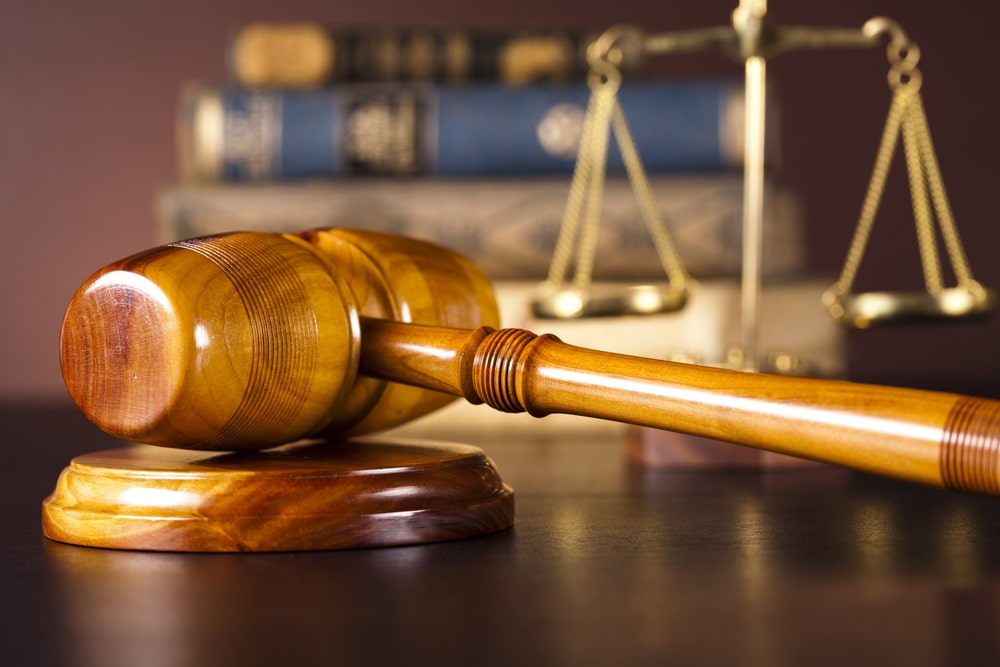What do prosecutors focus on before charging an alleged criminal with a crime? Is it solely based on the evidence at hand? Or, do prosecutors focus on their policy commitments when they ran for prosecutor? The answer–almost ironically–is that it depends. The prosecutor has the choice of what crime(s) to charge someone with.
ABA Model Rule Of Professional Conduct 3.8
To understand how a prosecutor makes their charging decisions, it’s easiest to start with a limit on the prosecutor’s charging ability. ABA Model Rule of Professional Conduct 3.8 states that the prosecutor “shall refrain from prosecuting a charge that the prosecutor knows is not supported by probable cause.” In other words, if a prosecutor doesn’t believe that the evidence in his or her possession, when viewed by a jury, would support a finding of probable cause, the prosecutor cannot file those charges.
What Is Needed To Charge Someone
A trusted lawyer, like a trial lawyer, knows that to charge a crime, there are four general requirements that a prosecutor must satisfy. First, the conduct must be criminal. Second, the conduct must be discovered by the police or prosecutor. Third, a law enforcement agency (or a private citizen) must apply for charges. Finally, the prosecutor must decide two things – (1) do the reported facts meet the elements of a crime? And (2) should the conduct be charged as a crime?
Determining If An Action Was Criminal
The final element is where prosecutors have the most discretion. There are two different viewpoints that a prosecutor considers – the instrumental and the expressive viewpoint. The instrumental viewpoint asks the prosecutor to analyze the evidence and determine whether there is enough to support a finding of guilt beyond a reasonable doubt.
The expressive viewpoint asks the prosecutor to consider the prosecutor’s own policy commitments. An elected or appointed head of a prosecutor’s office will usually have made an announcement on their priorities in prosecution prior to their appointment. For example, a prosecutor may have announced that they would be tough on gun crime. If the prosecutor had made that announcement, it’s likely that he or she would charge up on gun-related crimes.
Notably – there are two other intricacies that go into the prosecutor’s charging decisions. First, a prosecutor can consider bringing lower charges, even though the behavior may support a higher charge. A prosecutor may do this to encourage a plea by the defendant. Additionally, a prosecutor is the only individual who determines what charges are to be filed. A judge, attorney, or even a private individual (or group of individuals) may not compel a prosecutor to investigate and initiate a criminal prosecution.
Finding Help When Facing Criminal Charges
For individuals facing charges, the prosecutor’s instrumental and expressive viewpoints carry significant weight. Knowing that policy priorities can influence charging decisions sheds light on the process. Prosecutors’ flexibility to consider lesser charges may offer opportunities for negotiation. We extend our gratitude to Eglet Adams for their insights, which provide valuable perspectives in these challenging circumstances. If you are hoping for legal help when facing criminal charges, do not wait any longer to call and schedule a consultation with your local law office today.

